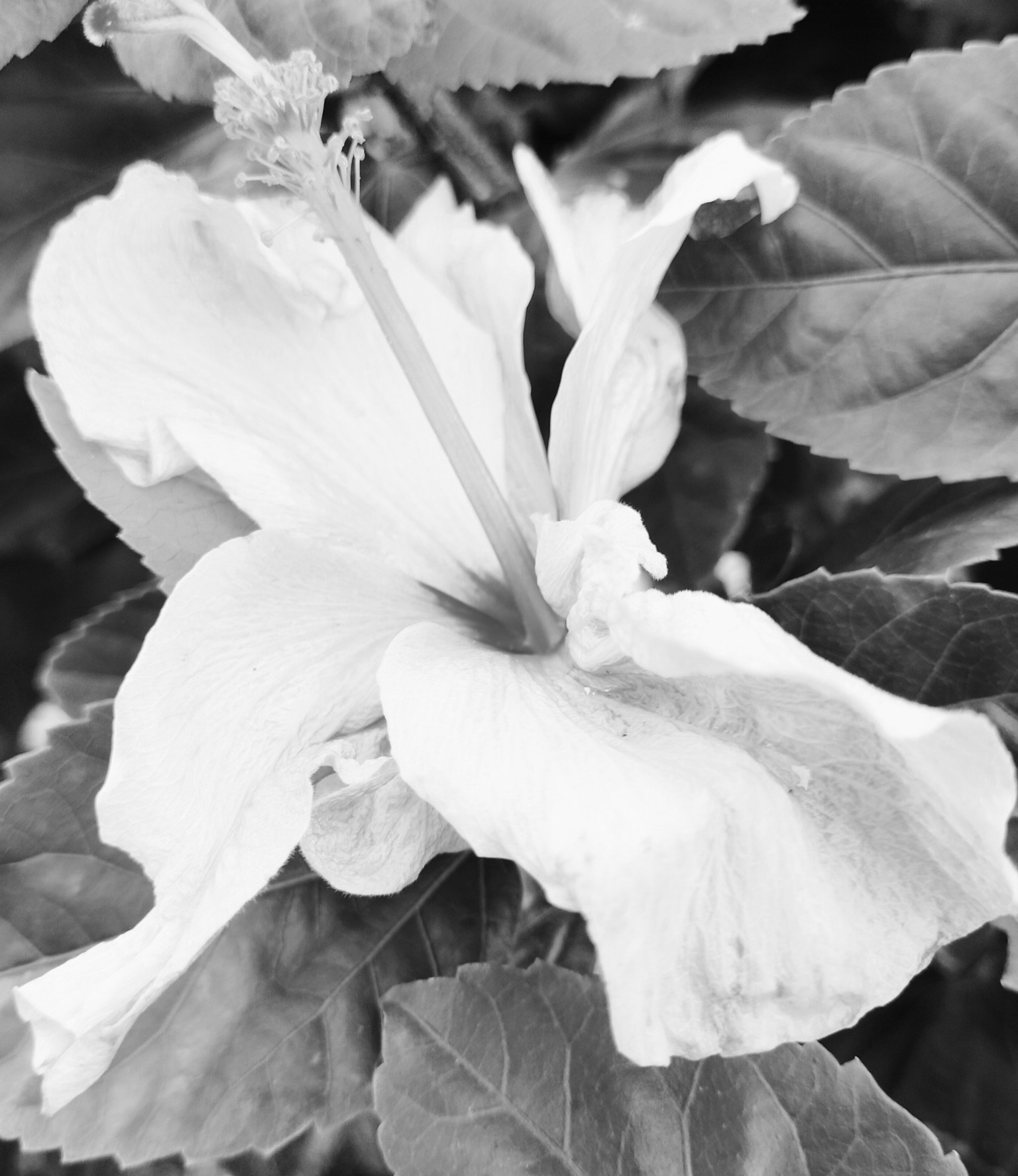
The Art of Sensual Journaling: Finding Yourself Through the Senses
Sensual journaling invites us to come home to ourselves in a world that constantly pulls us outward—toward screens, expectations, and endless to-do lists. This isn’t about writing erotica or keeping track of physical pleasures (though it can include those, too). It’s about awakening your senses—sight, sound, touch, taste, and smell—and using them as portals to presence, self-discovery, and deeper embodiment.
What Is Sensual Journaling? Sensual journaling is the practice of using sensory experiences to guide your journaling. Instead of beginning with thoughts or events, you begin with what your body feels, perceives, and notices in the moment. It’s mindfulness on the page. It's also an act of radical honesty: tuning into your body and letting it speak.
It can be as simple as asking:
What am I smelling right now?
What textures am I drawn to today?
What did that bite of food really taste like?
How does this music move me?
What color is my mood?
What scent makes me feel most like myself?
What does comfort feel like on my skin?
Where in my body am I holding emotion right now?
Why It Works:
We often try to “figure ourselves out” by thinking harder, analyzing more. But the body doesn’t lie—and it doesn’t overthink. When we journal from the senses, we bypass the inner critic and the inner editor. We write from the raw material of being alive. This kind of journaling doesn’t just help us understand who we are; it helps us feel it.
Over time, sensual journaling reconnects us with our intuition. It helps us recognize what truly nourishes us, excites us, repels us, and calls to us. It’s like building a relationship with yourself from the inside out—one sensual cue at a time. Don’t Judge the Content. Sensual journaling isn’t meant to be logical or linear. Let your writing be messy, poetic, surprising. Sensual journaling is a soft rebellion. It’s a way to reinhabit your body, rediscover your needs, and reclaim the joy of sensation as something sacred. In doing so, you don’t just find yourself—you remember that you were never lost.
Post a comment